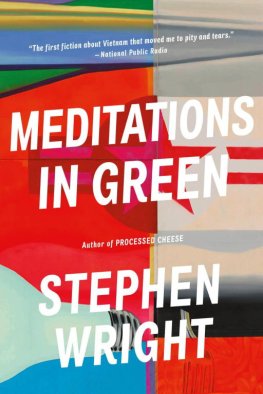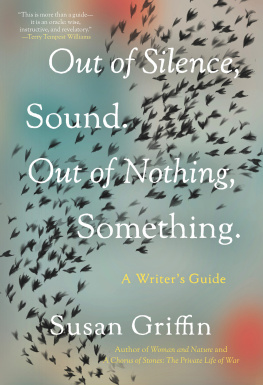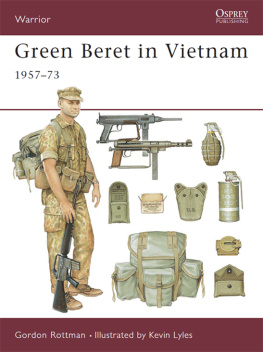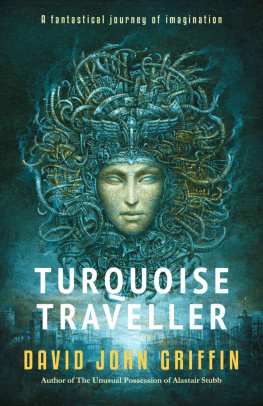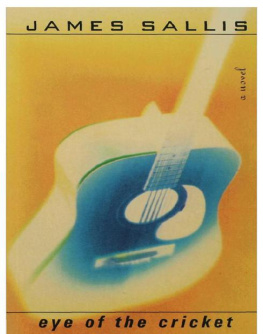Stephen Wright
MEDITATIONS IN GREEN
To the graphed, the charted, the data processed and to all the uncounted
If I knew for a certainty that a man was coming to my house with the conscious design of doing me good, I should run for my life.
Henry David Thoreau,
WaldenAll Gods chillun got guns.
The Marx Brothers,
Duck Soup
Here I am up in the window, that indistinguishable head you see listing toward the sun and waiting to be watered. Through a pair of strong field glasses you might be able to make out the color of my leaf (milky green), my flower (purple-white), and the poor profile of my stunted growth. In open country with stem and root room I could top four feet. Want a true botanical friend? Guess my species and you can take me home.
The view from this sill is not encouraging: colorless sky, lusterless sun, sooty field of rusted television antennas, the unharvested crop of the city; and below, down a sheer wall, the persistent dead unavoidable concrete.
This is what it means to be torn from your native soil, exiled in a clay pot five stories vertical, a mile and a half horizontal from the nearest uncemented ground. I feel old. I take light through a glass, my rain from a pipe.
Have you talked to a plant today, offered kindnesses to something green? These are crucial gestures. A plant is not free. It does not know the delirium of locomotion, the pyramidical play of consciousness, the agonies of volition. It simply stands in the dirt and grows. Vegetable bliss. But trapped indoors a plants pleasure becomes dependent upon human hands, clumsy irresponsible hands, hands that pinch and prune, hands that go on vacation, abandon their ferns to northern exposure, cracked beds, stale air, enervations, apathy, loneliness.
Help! My stalk is starting to droop.
* * *
Up late and into the street, that was my habit then, the nights residue still sifting softly through my head, Id wander down to the corner, stand shivering in the sun, waiting for the light to change and my reconnaissance to begin. I was a spook. All my papers were phony. The route was the same every afternoon, a stitching of right angles across the heart of the city where I mingled anonymously with the residents of the day world.
I was under a doctors care at the time, sixty minutes exercise q.d., an order I probably wouldnt have bothered to honor had not these prescribed walks delivered me into the relief of cacophony and throng. I needed the glow of animate heat, of blood in motion, regular doses of herdlike solidity, curses, jostles, tears, life. I ogled the goodies in the big windows with the other shoppers. I rode express elevators to offices where the receptionists smiled behind bulletproof glass. I burst into violent sidewalk imprecations on the government. Nothing urban was alien to me.
At the end of the day, Id find myself come to rest atop a public trash can. Same can, same corner, same attitude. I became a fixture of the neighborhood. There were certain faces I learned to recognize, faces I suppose recognized me, but we spoke no words, exchanged no names, in accordance with the rules of metropolitan intimacy. I sat on my can, watching the heads bob up and down the avenue like poppies in a spring meadow until the constant nodding movement turned unreal, the slow agitation of pink marine life swaying in tempo to oceanic tunes. The heart idled, breathing deepened, silver bubbles popped against my ears.
Youre ruining the symmetry, I announced one day to an old derelict tramping unsteadily past. He was walking the street backwards, the rear of his head advancing blindly down the block. His dress was equally distinctive: orange Day-Glo painters cap, field jacket fastened with safety pins, patched jeans bleached the bluish white of skim milk, purple hightop tennis shoes split at the creases.
He turned and his face was that of a young woman ready to be amused. Youre sitting on a fucking garbage can, she said.
I was tired.
She hopped up beside me. I like it, she said. Gargoyles.
I saw her fairly often after that. Shed stop by my post to share a pretzel, a carton of orange juice. Professional interest, she explained. Im a part-time social worker. She said her name was Huette Mirandella. The rest of her history was a series of true-false propositions. Her parents had died in a hotel fire or an auto accident or a plane crash or an artful combination of the three. Orphans at ten and four, she and her younger brother were abandoned to the indifferent care of a senile great aunt. Home was boring. School was boring. Staying out late and running away were interesting and then boring. The five universities she attended were universally boring. She drifted. Minor jobs, petty boyfriends. There was an abortion, a botched suicide, a hospital vacation, the stupid clichs of an unimaginative life, she said. When I met her she was twenty-two years old, she studied Chinese, played electric guitar, read a science fiction novel every two days, practiced a lethal form of martial arts once a week with a garageful of women, painted vast oil abstracts she called soulographs, and speculated that if there was another Renaissance lurking about the bloody horizon of our future then she was a candidate to be its Leonardothe smart clichs of a pop life.
We met on the corner for weeks and then came periods when I wouldnt see her at all. She was home, she was at work, a soulograph required a more steely shade of blue. I continued diligently to push the leg uptown and down, in sun and snow, through needles and cramps. It seemed to change size from day to day in phase with its own moods, its own dreams. On bad days, when it dragged behind me like a sea anchor, the blocks telescoped outward, the pavement all slanted uphill, and Id entertain notions of traveling in style. Imagine commandeering a tank, one of the big ones, forty-seven tons of M48, cast steel hull, 90 mm gun, 7.62 mm MG coaxially mounted in the turret, and running down the boulevard. Imagine the clanking, the honking horns, the cheers of the liberated masses, the flattening of each tiny car beneath the monstrous tread, the squash of automotive cockroaches. Imagine the snap, the crackle, the pop.
One bad gray afternoon I had just reached home and was rounding the turn on the first landing when, Bang, bang, a voice echoed harshly up. I leaned over the splintered banister. In the gloom at the bottom of the stairwell a face materialized luminous as a toy skull. I could see shining teeth and that chipped incisor that always seemed to be winking at someone over my right shoulder.
No fair. I had my fingers crossed.
Youre dead, said Huey. Youre lying out on the front steps with the change falling out of your pockets.
Yeah? Where were you?
Sitting right on the stoop.
What can I say? Come pick out your prize.
Up in my kitchen she dropped a fat brown package onto the table. Dozens of rubber bands of all colors, red, yellow, blue, green, were wound around it like shipping twine.
Thats a mean looking bundle, I said.
A prize. For you.
Wonderful, I said, weighing the package in my hand. Who wrapped this, a paranoid paper boy?
Rafer.
The colors of the rubber bands flipped into bright relief like thin neon tubes switched suddenly on. Rafer was her brother, executive officer of a street gang notorious for reckless drug use and dropping bricks on pedestrians from tenement rooftops. Wed once spent an amicable afternoon together, comparing scars, tattoos, chatting about the effects of various arms and pharmaceuticals.
Three guesses, she said, rattling open a drawer. This the only knife youve got?

